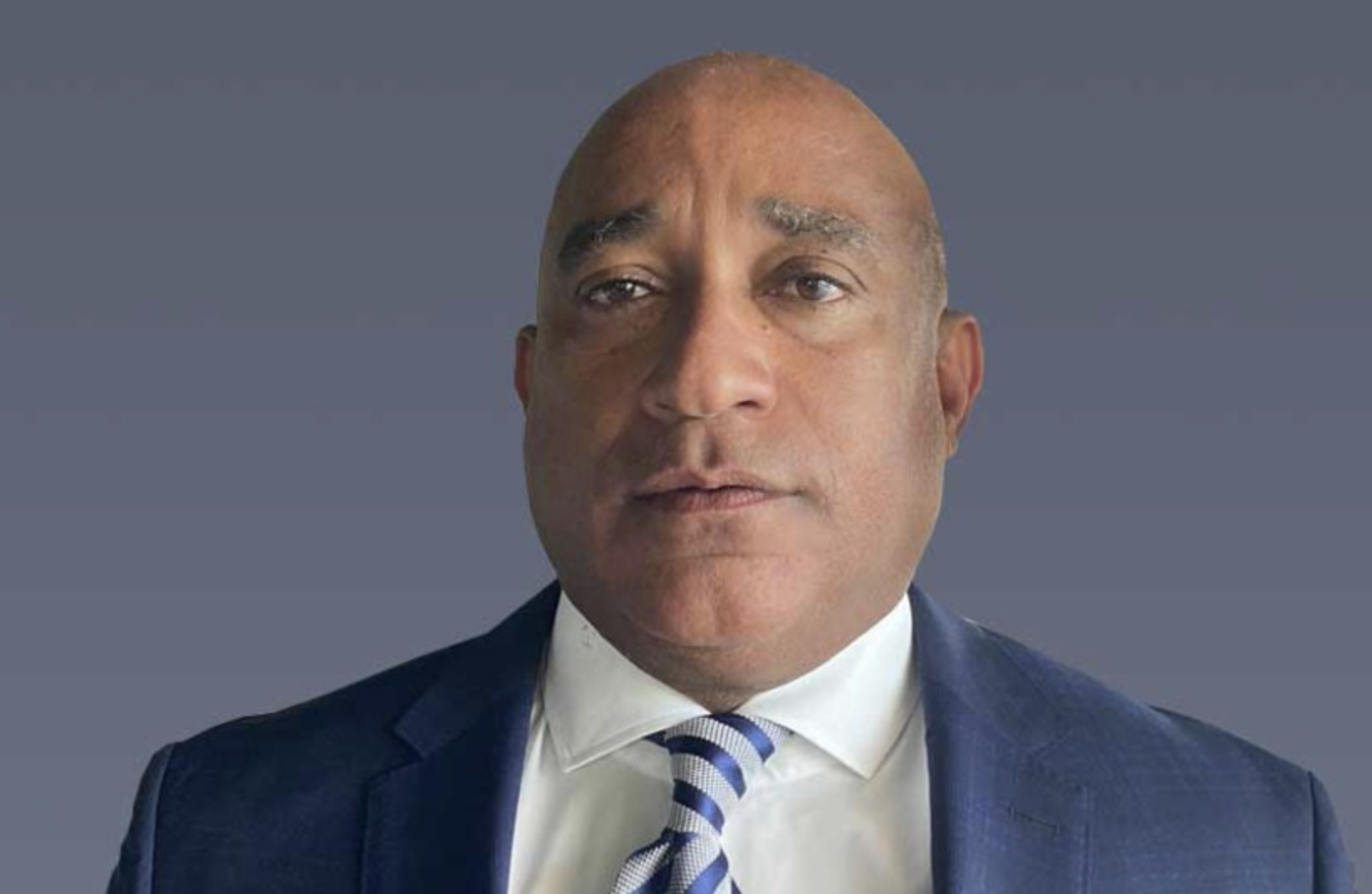Your Top FAQs on Air Conditioning Now Answered: Cost, Installation Time, and More
Most people already know how beneficial an air conditioning...
Interactive Brokers Fees: A Review
Interactive Brokers is one of the most trusted companies on...
Which Platform to Choose for FX Options Trading?
Do you want to try options trading but do not know which...
Why You Should Care More About Your Credit Score
Looking at your credit score may not be on your top 10 list...
Business Loans vs Commercial Mortgages
Commercial mortgages are one of many ways to inject finance...
Importance of DSTs in Seeking Tax Deferral and Other Benefits of 1031 Exchanges
Delaware Statutory Trusts (DSTs) are for the benefit of the...
Why is Pro Bono Work Vital to a Legal Business?
What Is “Pro Bono”? Pro bono is a Latin term, which many...
What are Gaylord Liners & Why Should You Use Them?
There are a lot of different products on the market today...
Medical Insight in Having an Orgasm
The orgasm is a massive part of why sex is so satisfying...
An Entrepreneur and a Philanthropist – Dr. Adrian Fox Bahamas
Born on 12 January 1969, Adrian Fox was a typical young...











 Bitcoin
Bitcoin  Ethereum
Ethereum  Tether
Tether  XRP
XRP  USDC
USDC  Solana
Solana  TRON
TRON  Lido Staked Ether
Lido Staked Ether  Cardano
Cardano  Avalanche
Avalanche  Toncoin
Toncoin